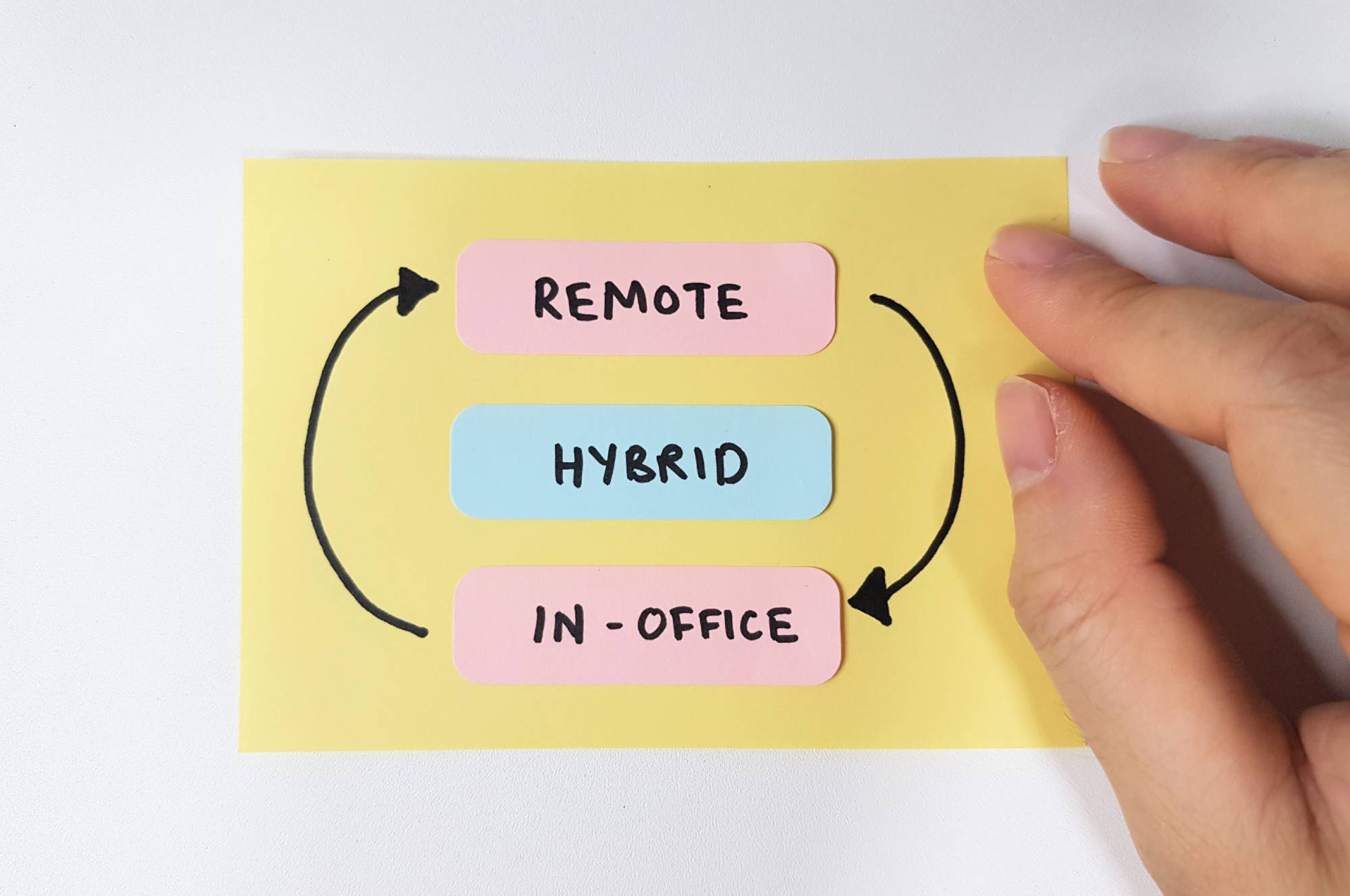A 2022 study by McKinsey & Company found that 85% of respondents desired hybrid roles. Due to the increasing demand for employee flexibility, many companies offer hybrid roles. Along with this transition, companies must assess their commitment to employee wellness.
Investment in employees’ physical and mental wellness provides a range of employer benefits:
- Increased engagement
- Better performance
- Greater productivity
- Stronger job satisfaction
- Higher employee morale
- Elevated attraction and retention rates
As a result, commitment to employee wellness in hybrid roles must remain a top priority for companies to maintain a competitive edge. The following strategies can help.
Use these methods to assess your company’s commitment to employee wellness in hybrid roles.
Send Employee Wellness Surveys
Regularly email employee wellness surveys to gather constructive feedback. For instance, focus on employee goals, concerns, engagement levels, and related issues. Also, determine what employees do and do not want from your wellness programs.
Use this feedback to provide the wellness programs that employees desire. Also, modify your programs along with changing employee needs to maximize effectiveness.
Emphasize Work-Life Boundaries
Regularly stress the importance of employees maintaining boundaries between their professional and personal lives. Devoting adequate time to work and personal responsibilities helps lower stress and support career and life satisfaction.
For instance, encourage employees to maintain set work hours on remote days. Employees should focus on professional responsibilities during work hours and personal responsibilities during off hours.
Remind employees not to check email or complete work tasks during personal time. Employees must use this time to relax and focus on personal interests.
Lead with Empathy
Encourage managers to regularly talk with employees about issues they experience in hybrid roles. For instance, some employees might have difficulty completing tasks while working from home due to family responsibilities. Other employees could struggle with anxiety, depression, or other mental health issues while working remotely.
As a result, managers should respond with empathy while supporting their hybrid employees. For instance, managers can actively listen to their employees and suggest methods to resolve issues. Or, managers can share their own struggles with emotional wellness and how they cope. Managers also might suggest using counseling services covered by company health insurance or joining employee resource groups (ERGs) focused on the employee’s area of struggle.
Do You Need Help to Fill Hybrid Roles?
HireCall can provide you with experienced professionals to fill open hybrid roles. Contact us to get started today.


